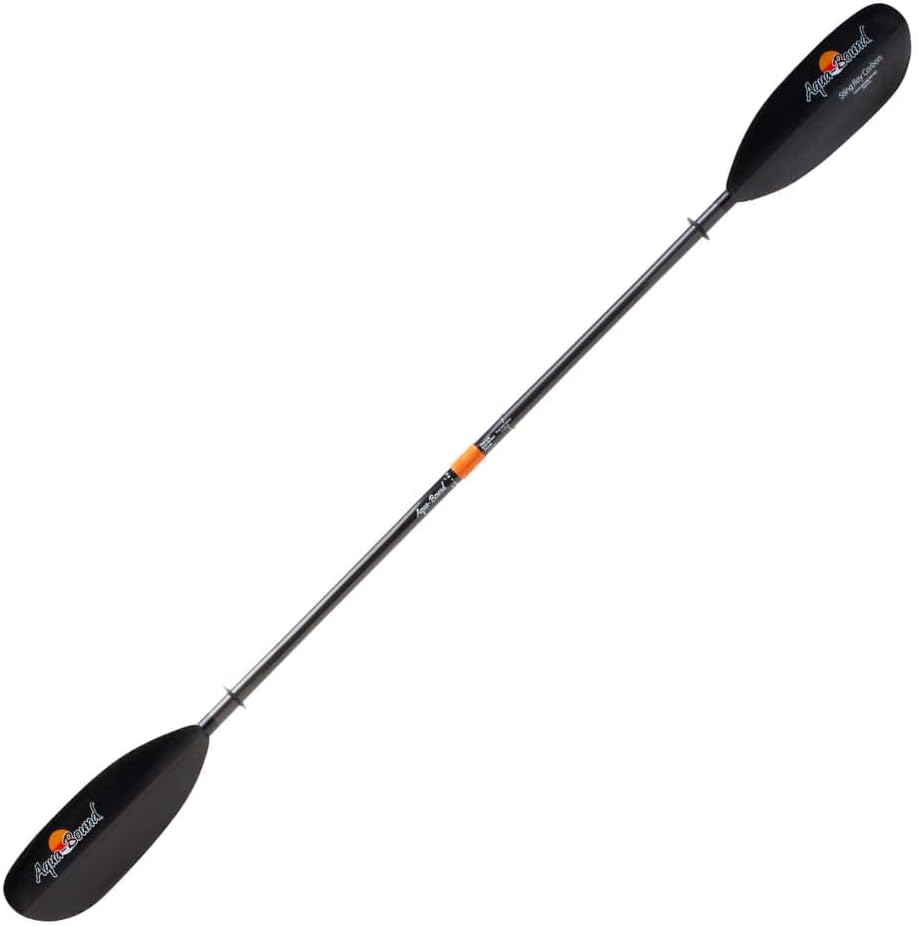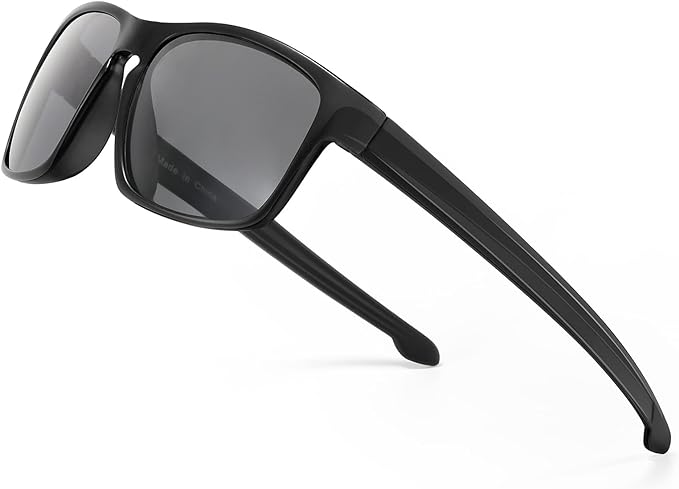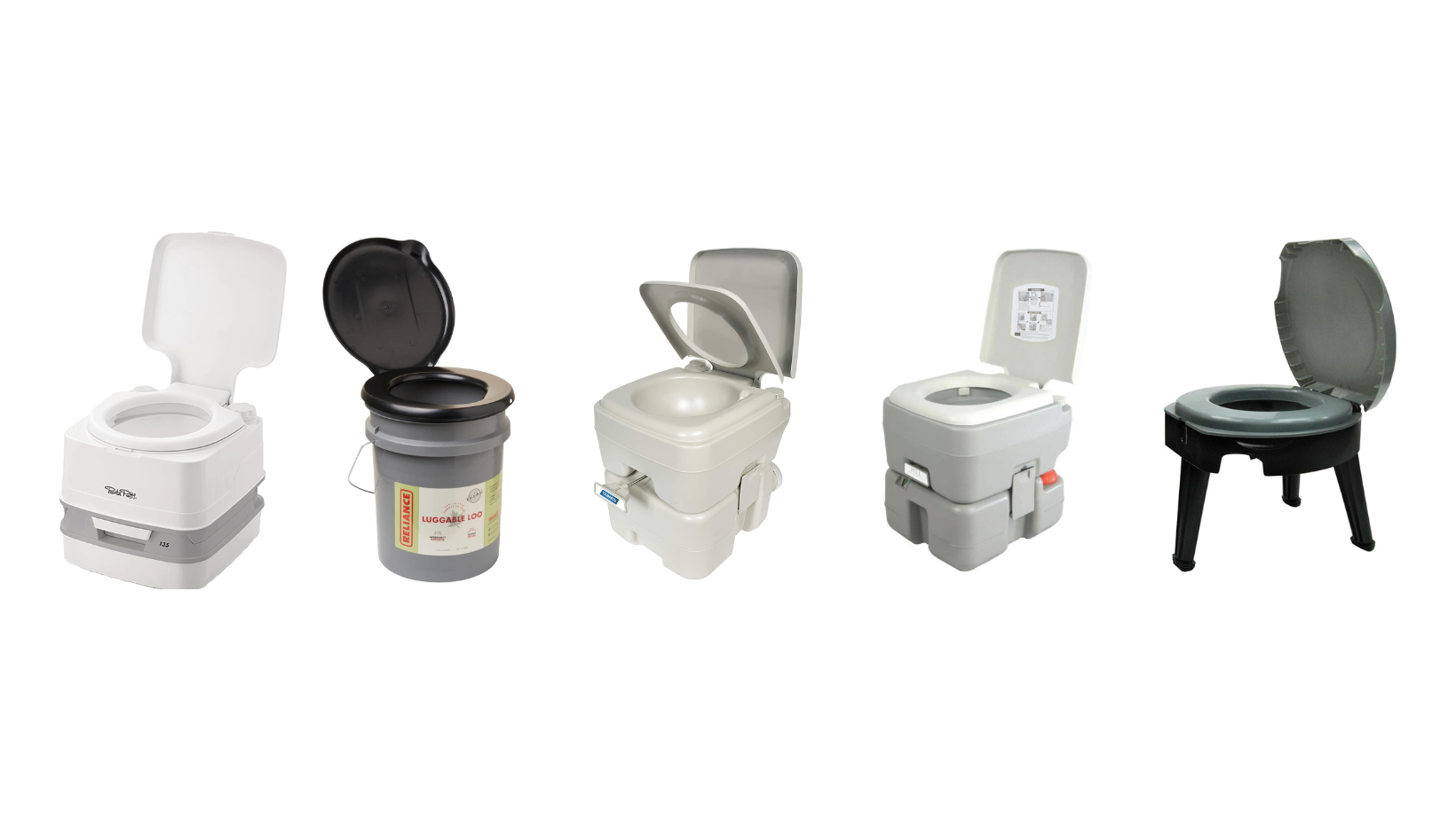Top 7 Camping Toilet Tents for Privacy and Comfort Monday, November 27, 2023 By marouane When you’re out camping, a toilet tent …
Navigating the Waters: Your Ultimate Guide to Kayaking Essentials
Monday, October 23, 2023
Introduction
Kayaking is more than a sport; it’s a lifestyle steeped in adventure and tranquility. Each wave tells a story, each paddle stroke a dance between nature and adventurer. For those poised on the brink of this world, and seasoned kayakers seeking deeper insights, this guide is your companion in every splash, every silence, every discovery.
Picking the Right Kayak
Selecting the right kayak is your first step. If you’re a beginner, look for a stable and user-friendly recreational kayak. For those with more experience, a touring or sea kayak might be your pick, built for speed and longer journeys.
Recommended Products

Wilderness Systems PUNGO 120
spacious with ample storage, comfy,Stable

Wilderness Systems Tarpon 105
accessible, ample storage,Comfy,simple to paddle
Essential Gear
Paddles:
Choose a paddle of the right length, considering both your height and your kayak’s width. It’s your main tool to move and steer, so make sure it’s comfortable to hold and use.
Life Jackets:
Safety first – always wear a life jacket. It should fit well and be comfortable enough not to restrict your movements.
Helmets:
For those planning to tackle rough waters, a well-fitting helmet is a must. Ensure it’s secure but comfortable.
Clothing:
wear quick-dry clothes in heat. In cold, layer with a waterproof coat. Use water-friendly shoes for grip. Special shirts and pants repel water, keeping you dry from splashes. Always dress for the weather and water.
Protective Eyewear:
Navigating challenging waters requires clear vision. Consider wearing safety goggles to protect your eyes from water splashes, ensuring you can always see potential obstacles or hazards clearly.
Waterproof bag:
Bring along a waterproof bag to safeguard your valuables. When you’re out on the water, having a reliable means to keep your belongings dry is essential. These specially designed bags ensure that your items remain dry as you paddle.
Recommended Products

NRS Chinook Fishing Kayak Lifejacket (PFD)
Quality design, comfortable foam, lightweight, safety features.

Aqua-Bound Sting Ray Carbon 2
USA-made, hand-built in WI, 2-piece, Posi-Lok, mid-sized, carbon-reinforced, lightweight.

NRS Chaos Side-Cut Kayak Helmet
Durable shell, foam lining, ear pads, CE 1385 standard

MALIDAK Floating Sunglasses
Floatable Frame,Polarized Lenses

YETI Panga Series Airtight
Highly durable, fully waterproof, simple to use
Safety First
Knowing the water and weather conditions is key. Always inform someone about your kayaking plan and estimated return time. Equip yourself with safety gear like throw ropes and bilge pumps. If you’re unfamiliar with the area or a novice, consider hiring a guide. Their expertise can help you navigate safely, ensuring a smoother and more informed experience on the water. Remember, preparation and knowledge are your best allies out there.
Tips for a Smooth Ride
Ground Adjustments: Start your setup process on stable ground. It’s easier to make adjustments when the kayak is stationary and gives you a clearer perspective on comfort and fit.
Optimal Seating: Your seat is your kayak’s command center. Ensure you’re nestled securely against the backrest. While some boats allow seat modifications, aim for a blend of relaxed seating that also keeps you alert and in control.
Feet First: Your foot positioning can influence your kayaking stamina. Locate the footpegs and rest your feet naturally. There should be only a minor bend in your knees, ensuring you’re neither too stretched out nor too cramped.
Engage Your Knees: The cockpit sides should lightly touch your knees. This subtle touchpoint can drastically enhance your control over the kayak, especially during turns or in rougher waters. But remember, it shouldn’t feel constricting; you want a balance of control and comfort.
Building Your Skills
Embarking on a kayaking journey goes beyond equipment—it’s about honing your skills. Joining a kayaking group can be invaluable. Here, experienced paddlers share insights, providing firsthand knowledge you won’t find in books. Additionally, taking formal kayaking classes equips you with essential techniques, ensuring you paddle efficiently and safely. Just like any other sport, regular practice is crucial. The more time you spend on the water, the more adept and confident you’ll become.
Best Places to Kayak
Europe:
Geirangerfjorden, Norway: A UNESCO World Heritage Site, This Fjord Offers Mesmerizing Views Of Waterfalls, Snow-Peaked Mountains, And Lush Greenery. Remember, It Can Be Cold, So Pack Warm Attire.
South America:
Soča River, Slovenia: Known For Its Vibrant Turquoise Waters And The Majestic Alps As A Backdrop, This River Offers Both Serene Stretches And Challenging Rapids.
North America:
Lake Powell, USA: This reservoir on the Colorado River offers a landscape of deep blue waters set against striking canyon walls. A must-visit for its unique geological formations.
Asia:
Thailand: With its clear tropical waters and limestone karsts, especially around the Phang Nga Bay, it provides a unique kayaking adventure.
Africa:
Zambezi River, Zambia/Zimbabwe: This iconic river not only boasts thrilling white-water rapids but also offers close encounters with African wildlife along its banks.
Oceania:
Milford Sound, New Zealand: Dubbed as the “eighth wonder of the world”, its dramatic landscapes of towering peaks and deep waters make for a breathtaking kayaking experience.
Conclusion
Kayaking offers a mix of peace and adventure. With the right gear and knowledge, each trip becomes a safe and exciting journey into nature.
related posts
Ultimate Guide: Top Camping Toilets Reviewed Monday, November 27, 2023 By marouane Imagine waking up to the serene beauty of the wilderness, …
Best rechargeable camping lantern Saturday, November 25, 2023 By marouane Rechargeable lanterns can be a good alternative to traditional battery-powered ones. They …
Top Camping Shower Recommendations Wednesday, November 22, 2023 By marouane After a day of trekking, nothing beats a good shower to feel …
Best Camping Tables On Amazon Sunday, November 19, 2023 By marouane A camping table can be an invaluable piece of gear for …




